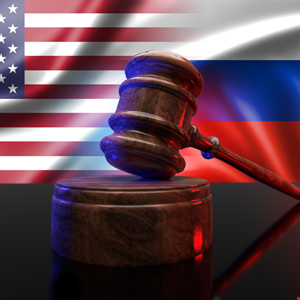- They said I couldn't find a high-quality multitool for under $30 - but this one's a winner
- I compared the viral $50 earplugs with my $300 sleep earbuds - here are the results
- This Android phone that doubles as a projector will make any tech enthusiast smile
- Samsung Galaxy S25 Ultra vs. OnePlus 13: I compared the best Android phones, and it was very close
- I replaced my $3,500 Sony camera with 200MP Android phone - and it's spoiled me big time
Russian Cybersecurity Exec Wanted By Russia and US

An employee at a Russian cybersecurity vendor has found himself at the center of a geopolitical tussle between the US and Russia, with both countries seeking his extradition from Kazakhstan on hacking charges.
Nikita Kislitsin was formerly head of network security at Group-IB. When the Russian threat intelligence firm left the country to re-form in Singapore, its Russia business became a new company branded as FACCT: Fight Against Cybercrime Technologies.
Read more on Group-IB: Cybersecurity CEO Arrested in Russia on Treason Charges
However, the security researcher is wanted by the US in connection with charges he hacked social networking company Formspring in 2012 and conspired with another Russian man to sell customers’ usernames and passwords.
On June 22 he was detained in Kazakhstan following an extradition request from Washington. That was quickly followed by a second request for extradition from Moscow.
However, despite reports suggesting the latter was successful, the authorities in Astana have yet to decide on the best course of action, according to Reuters.
Although hacking charges have reportedly been filed against Kislitsin in a Moscow court, it remains to be seen whether he would be tried if extradited. Russia’s track record on such matters is usually to shelter individuals, as long as any threat activity they conduct is focused on states deemed unfriendly to the Putin regime.
Kislitsin would certainly be hoping to avoid the same fate as Ilya Sachkov, the founder of Group-IB, who was last month sentenced to 14 years in prison for treason after allegedly sending state secrets abroad.
Although a former Soviet republic, Kazakhstan recently angered its former colonial master by refusing to support Russia’s ‘special military operation’ in Ukraine.

